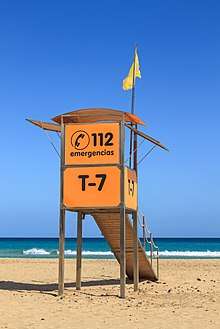112 (emergency telephone number)
112 is a common emergency telephone number that can be dialed free of charge from most mobile telephones, and in some countries, fixed telephones in order to reach emergency services (ambulance, fire and rescue, police).
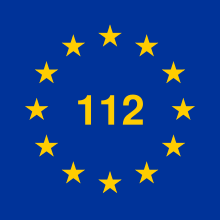
112 is a part of the GSM standard and all GSM-compatible telephone handsets are able to dial 112 even when locked or, in some countries, with no SIM card present. It is also the common emergency number in nearly all member states of the European Union as well as several other countries of Europe and the world. 112 is often available alongside other numbers traditionally used in the given country to access emergency services. In some countries, calls to 112 are not connected directly but forwarded by the GSM network to local emergency numbers (e.g. 911 in North America, 999 in Great Britain, Hong Kong, and Ireland, or 000 in Australia).
Origins
The European Emergency Number Association,[1] an organization of emergency services representatives and others, advocated for its introduction in the EU.
112 was first standardised by a recommendation[2] by the CEPT[3] in 1972 and later by a decision of the EU Council in 1991[4] and subsequently reaffirmed in 2002 by article 26 of the Universal Service Directive[5] and its subsequent amendments.[6]
This choice of number has been cited in logical terms as offering the following advantages:
- Different digits: with the numeric keypads widely used today, using at least two different digits instead of the same digit repeatedly significantly reduces the risk of accidental calls. Young children, vibrations, defective keys and collisions with other objects are much more likely to press the same key repeatedly than a particular sequence of different keys, particularly with a button-operated keypad. Accidental calls to emergency centres from mobile phones, which can dial emergency numbers even with locked keypad, are a particular problem with same-digit numbers, such as the UK's 999.[7]
- Low digits: on rotary dial telephones, using only those digits that require the least dial rotation (1 and 2) permits a dial lock[8] in hole 3 to effectively disable unauthorised access to the telephone network without preventing access to the emergency number 112. The same choice also maximises dialling speed. Additionally, with telephone systems using pulse dialling, briefly activating the hook once has the same effect as dialling "1", so repeatedly pushing the hook might result in calling 1-1-1. For this reason, Germany's police emergency number was changed from 111 to 110. With numeric keypads, pressing only the first and second button on the keypad is marginally easier in a difficult situation than other keys.
Implementation
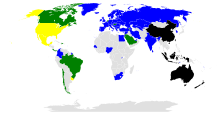
The countries which use the 112 number for emergencies include:
Africa


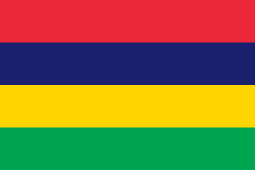

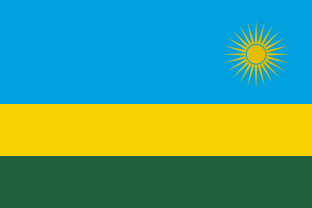
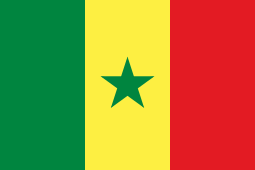

Asia



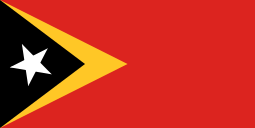







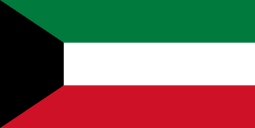
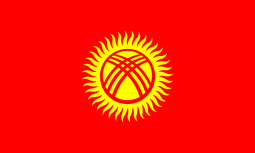

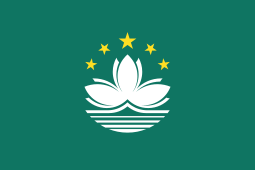

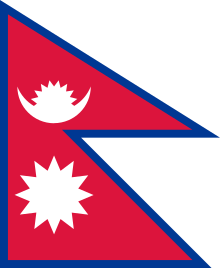






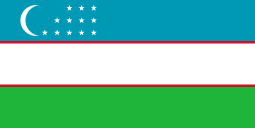
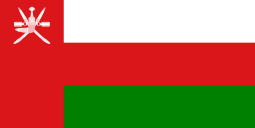
Europe

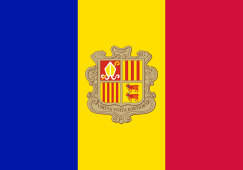


.svg.png)






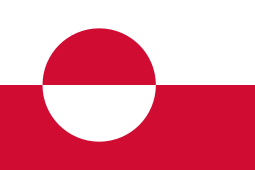
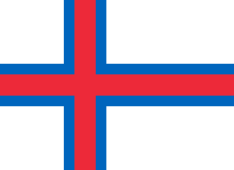


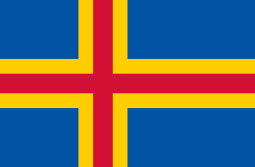


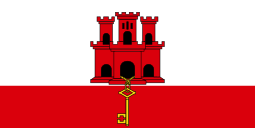






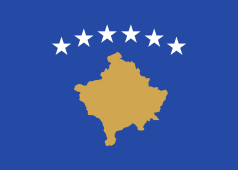

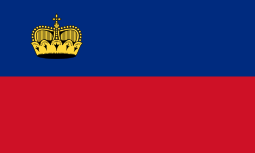



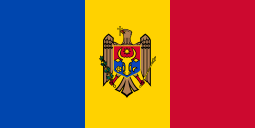



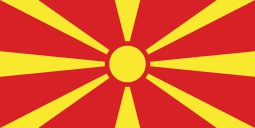





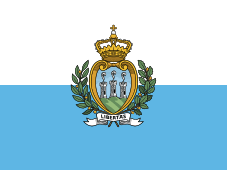









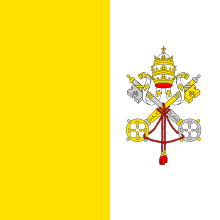
North America
.svg.png)



South America



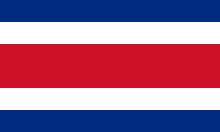
In many countries, emergency numbers previously used also continue to be available; e.g. 061 and 112 in Spain, 999 and 112 both function in Ireland and the UK. In the United States, only some carriers, including AT&T will map the number 112 to its emergency number 9-1-1.
Adoption
112 is managed and financed in the European Union by each member state (country), who also decide on the organization of the emergency call centres. The number is also adopted by candidates for EU accession and members of the EEA agreement.
The International Telecommunications Union recommends that member states selecting a primary or secondary emergency number choose either 911, 112 or both.[21] 112 is one of two numbers (the other being the region's own emergency number) that can be dialed on most GSM phones even if the phone is locked.[22]
E112
E112 is a location-enhanced version of 112. The telecom operator transmits the location information to the emergency centre. The EU Directive E112 (2003) requires mobile phone networks to provide emergency services with whatever information they have about the location a mobile call was made. This directive is based on the FCC's Enhanced 911 ruling in 2001.
The eCall feature for automated emergency calls on crash, mandatory on European cars since April 2018, is based on E112.[23]
European 112 Day
The European Parliament, the Council of the European Union and the European Commission signed a tripartite convention in 2009 in order to introduce an annual European 112 Day. It is supposed to raise awareness for the Europe-wide availability and the advantages of the European emergency call 112. They chose 11 February since the date includes the telephone number (11/2).[24] A whole variety of events are taking place around Europe every year to celebrate European 112 Day.[25]
Expert Group on Emergency Access (EGEA)
Getting 112 to work across the EU is a complex task. It requires in particular coordination between civil protection administrations (the emergency authorities who handle the call) and electronic communications administrations (who have to make sure that a 112 call reaches the emergency operator). That is why the Commission decided to act at European level and set up the Expert Group on Emergency Access (EGEA) at the end of 2005.
The objective of the group is to deal with practical issues Member States are facing to provide an efficient and effective 112 service to citizens. This group seeks practical solutions to problems experienced by the emergency services at local, regional or national levels and deals with issues related to the application of new technologies for communication with emergency services.
The European Commission decided that EGEA would not be renewed for the year 2014. The European Commission noted that in case the work by the working group would appear necessary during the course of this period, this work would be fully covered and dealt with during regular Communication Committee (COCOM) meetings, or if needed, the composition of any of these groups could be called for a dedicated meeting back to back with a regular COCOM meeting.
See also
- 112 Georgia
- ECall
- Emergency phone number
- Emergency telephone
- In case of emergency (ICE) entry in the mobile phone book[26]
- International Mobile Satellite Organization
- Single Non-Emergency Number
References
- "EENA | The European Emergency Number Association". EENA.
- http://www.cept.org/files/1051/Topics/Numbering/Recommendation%20T-SF%201%20-%20Long%20Term%20Standardisation%20of%20National%20Numbering%20Plans.pdf
- "CEPT.ORG". www.cept.org.p
- "91/396/EEC: Council Decision of 29 July 1991 on the introduction of a single European emergency call number". eur-lex.europa.edu. 29 July 1991. Retrieved 6 May 2012.
- "Directive 2002/22/EC of the European Parliament and of the Council of 7 March 2002 on universal service and users' rights relating to electronic communications networks and services (Universal Service Directive)". eur-lex.europa.edu. Retrieved 6 May 2012.
- "Directive 2009/136/EC of the European Parliament and of the Council of 25 November 2009". eur-lex.europa.edu. 25 November 2009. Retrieved 6 May 2012.
- Mobiles blamed for emergency calls, BBC News, 2000-03-21.
- Such locks were commonly used, e.g. "ABUS Telefonschloß T70 für Wählscheiben" in Germany.
- "911 and 112 are the world's standard emergency numbers, ITU decides". The Verge. Retrieved 26 July 2018.
- "Ghana announces 112 as new general emergency number". 3news.com. Retrieved 28 January 2020.
- "Emergency Telephone Numbers Around the World". ChartsBin.
- "Communication and Informatics Ministry (Kemenkominfo) made a call center for emergency responses at 112". indonesia.go.id. Retrieved 12 March 2020.
- sanduir (8 May 2013). "112 in Belgium". Digital Single Market - European Commission. Retrieved 11 April 2019.
- sanduir (11 February 2013). "112 in Bulgaria". Digital Single Market - European Commission. Retrieved 11 April 2019.
- sanduir (11 February 2013). "112 in the Czech Republic". Digital Single Market - European Commission. Retrieved 11 April 2019.
- sanduir (11 February 2013). "112 in Denmark". Digital Single Market - European Commission. Retrieved 11 April 2019.
- For more information, see list of provinces
- ȘTIRILE, PUBLIKA.MD - AICI SUNT (29 June 2018). "112 service will be more efficient on emergency calls".
- "Çağrı Merkezleri". Ministry of the Interior. Retrieved 14 February 2019.
- "Dialling 911 instead of 111 still does the trick". Stuff. Retrieved 26 July 2018.
- "Guidelines to select Emergency Number for public telecommunications networks" (PDF). International Telecommunications Union. 15 May 2008. p. 4. Retrieved 6 May 2012.
- 3rd Generation Partnership Project (June 2002), 3rd Generation Partnership Project; Technical Specification Group Services and System Aspects; Man-Machine Interface (MMI) of the Mobile Station (MS);Service description, Stage 1 (Release 1998) (PDF), 3GPP TS 02.30 V7.1.1, archived from the original (PDF) on 20 July 2013, retrieved 1 December 2018
- "ECall - Mobility and transport - European Commission". Mobility and transport. Retrieved 13 December 2017.
- Joint Tripartite Declaration Establishing A "European 112 Day", Press release by the Council of Europe, 10 February 2009
- Actions around Europe - 2018 Archived 29 August 2018 at the Wayback Machine, released by the European Emergency Number Association (EENA), 12 February 2018
- "National Emergency Number Association". www.nena.org. Retrieved 17 April 2019.
